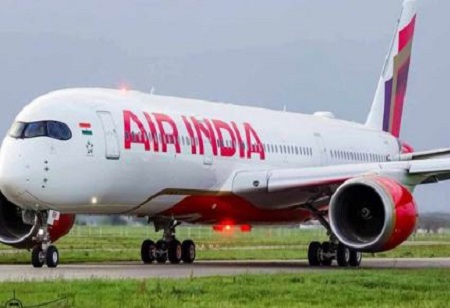
An important step in India's energy transformation has been taken with the signing of a memorandum of understanding between Indian Oil Corporation (IOC) and Air India for the delivery of sustainable aviation fuel (SAF).
With an anticipated yearly capacity of 35,000 tons, IOC would begin generating SAF from used cooking oil at its Panipat refinery in December as per the deal. Major hotel and restaurant companies, such as ITC and Haldiram's, will provide the waste feedstock. The MoU is the first official SAF supply agreement between an airline and an Indian fuel supplier. IOC obtained the ISCC-CORSIA certification for the Panipat refinery, making it the first Indian company certified to produce SAF that meets stringent sustainability and lifecycle carbon criteria. This partnership reinforces joint commitment towards low carbon aviation and helps India to achieve its decarbonisation goals while supporting the global ICAO CORSIA initiative.
According to Indian laws, international flights must blend at least 1% SAF with jet fuel beginning in 2027 and increasing to 2% in 2028. IOC and Air India are in a position to fulfill and possibly surpass these mandates because to this new supply arrangement. Additionally, as part of the International Air Transport Association's roadmap, the MoU supports Air India's objective of achieving net-zero emissions by 2050.
Also Read: DGCA Flags Major Safety Violations in Air India Operations
This partnership reinforces the domestic SAF supply chain in India, and could encourage other refiners and airlines to consider bio-based aviation fuels. In December, the IOC will ramp up SAF production, which could be the tipping point for cleaner air transport emerging in India, given the country's focus for SAF blending targets over the coming decade.
We use cookies to ensure you get the best experience on our website. Read more...